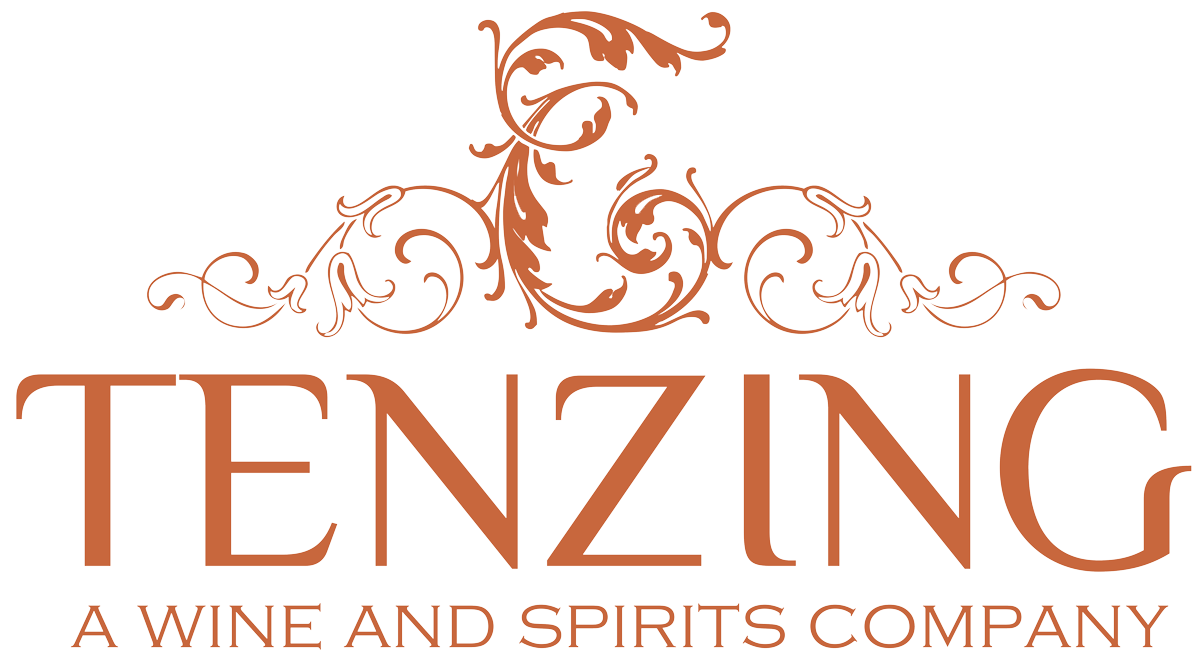Cider is fermented apple juice that has a long and distinguished history. Egyptian, Ancient Greeks and Roman civilizations produced the beverage thousands of years ago. The Romans called is "sicera". Cider became popular in Europe where grapes where rarely grown, and apple orchards were abundant. It is popular in France, particularly in Brittany and Normany, and northern Spain in Basque country. The French word "cidre" was first mentioned in 1130.
Cider production slowly grew and became a common beverage in the United Kingdom, especially in the West Country of England. Devon, Somerset and Herefordshire became the center of apple growing and cider production.
Cider in France is distinctly different than the British. It tends to be thinner in texture and lower in alcohol, it can be produced by the Champagne Method of allowing a second fermentation in the bottle and sealed with a wired cork.
Cider can be dry, medium-dry or sweet, depending on the type of apples used and the degree of fermentation the juice is permitted. In Normandy, up to 25% of pear juice may be added, giving different aromas and textures. A similar product called Perry is made from pears.
Production:
After the cider apples have been harvested in the fall, they are sliced or grated before pressing. The juice is then fermented for about 4-6 weeks, there is natural carbon dioxide that is produced, although it can also be pumped into. Most ciders should have carbonation that ranges from 2-4 bars of pressure, similar to lambic beers or carbonated soda. Mass produced styles are generally used as an alternative to sparkling wines.
Ciders will usually have between 4%-8% alcoholic strength, depending on the sweetness. You can find a few that attain 10% and above.
Pairings
The natural apple and floral aromas in ciders can find many different food pairing possibilities, the lower alcohol, absence of oak and touch of sweetness compares to German Rieslings, or Loire Valley Chenin Blancs. You can get quite a bit of minerality too. Ciders pair well with dishes that have spices or a little heat.
Using a cider in a tasting menu is also a great way to offer a break from wine and keep the cost of the flight low.
Starting with a glass of cider is equally enjoyable as a sparkling wine.
High quality ciders can be served in Champagne flutes or white wine glasses to best express their aromas.
Tenzing Ciders
Sea Cider, British Columbia, Canada
Sea Cider is a farm-based cidery located on the Saanich Peninsula just minutes from Victoria, on Vancouver Island. Our ten acre farm is home to over 1,300 apple trees, made up of over 50 varieties of heritage apples.
Sea Cider opened its farm gate for business in 2007 when owner Kristen Jordan purchased the property with a vision of creating an organic farm and orchard and producing traditional fermented artisan ciders. Since then, we’ve grown to an annual cider production of over 7,000 cases and growing. We continue to pride ourselves on crafting traditionally fermented ciders from organically grown apples, and our award-winning cider is now available throughout B.C., Alberta, Manitoba, Washington State, Illinois and Oregon.
Worley’s Cider, Somerset England
We first made cider as a bit of fun for ourselves and our friends. Now here we are nearly a decade later and we're still having fun but we're making a lot more cider!
Our first experience of making was when we bought 50 gallons of juice off the farm press from the iconic Roger Wilkins in Mudgely, Somerset. We made the mistake of adding in a bit of sugar and ended up with 10.5% cider. It was lethal and one of the neighbours spent a few hours in a ditch as a result of downing a couple of pints.
Lesson learned, we began to find our own fruit in various small Somerset orchards and gradually started to master the mysterious arts of fruit selection and fermentation.
A few years ago we decided if wanted to carry on making cider we'd need the cider to start making a contribution to its upkeep. So we gradually started selling a bit. Now we're making over 30,000 litres a year and don't have time to have proper jobs any more!
This important estate was founded as a distillery in 1925, but switched to cider production in 1950. It is the only commercial operation in France specialising in single-varietal, naturally-fermented ciders. These 'artisanal' ciders, the traditional drink of Normandy, had become virtually extinct this century before the Duché de Longueville relaunched the style. The name Cidre Bouché refers to the champagne-style cork, and like Champagne, the sparkle is a natural byproduct of fermentation - no 'pompe bicyclette' here. The 'Cru' is the single variety of apple used, giving quality, character and individuality.

